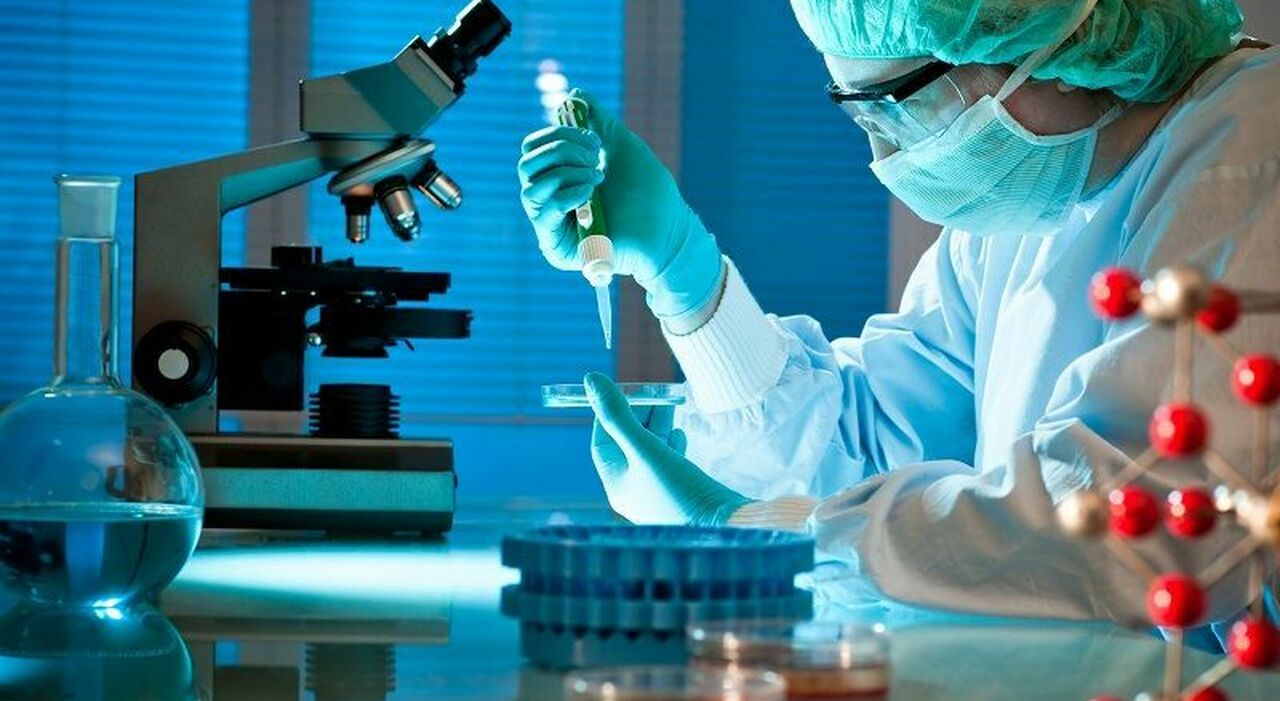Is called Gallery Test and seems destined to prove to be a fundamental contribution, if not a cornerstone, to help diagnose early – with excellent levels of accuracy and the non-invasive simplicity of a blood test – as many as 50 different types of cancer: including some of the most common and deadly. This is certified – albeit in preliminary terms and with all the necessary precautions – are the results of a large-scale experiment, the first of this size in the world, conducted in recent months on thousands of people by the British National Health Service (NHS ).
Female cancers are fought on a sailing boat: three days in Tropea for prevention and treatment
Galleri blood test trial results will be presented at @ASCO this week. The test may detect 50+ cancer types in their early stages by identifying abnormal DNA from the blood. But are blood tests the holy grail for early ovarian #CancerDiagnosis?
— Ovarian Cancer Action (@OvarianCancerUK) June 2, 2023
Galleri tests, exciting results
Results described as “promising” or even “exciting” by researchers from the United Kingdom, according to media reports such as the BBC or the Times, anticipating the contents of a paper prepared in view of a conference organized in Chicago by the prestigious American Society of Clinical Oncology. The experimentation carried out across the Channel of this test, developed by the laboratories of the Californian pharmaceutical company Grail, involved 5,000 patients with suspicious symptoms who came to hospitals and public clinics in England or Wales. And it gave birth to a score of correct positive diagnoses in about three quarters of the cases, as subsequently confirmed by the counter-test of more traumatic or expensive traditional methods such as biopsies and ultrasounds. Also helping doctors, in 85% of them, to identify exactly the point of onset of various tumors: from the head and neck area, to the throat, to the pancreas, to the lungs, to the intestine.
THE FIGHT AGAINST CANCER ADVANCES
This blood test detects more than 50 types of cancer at 75% and its location at 85%
Galleri test identifies early distinctive changes in fragments of genetic code pic.twitter.com/gQxlMfqedO– Maria Lopez (@MaraLpe15548762) June 2, 2023
Kidney cancer, one out of two cases is curable if diagnosed early: here are the risk factors
Cancer, the hopes of researchers
The University of Oxford, which participated in the screening, underlined in a note that it is an experimentation process that has not yet been concluded, a “work in progress” to be completed with further studies and checks. But he nonetheless expressed optimism that we may be facing the prospect of a new effective tool, available to clinicians, for a timely diagnosis of various oncological pathologies. 75% of people tested positive did indeed have cancer, according to published numbers. While only 2.5% of false negatives were revealed by other diagnostic means. Figures which, according to Professor Mark Middleton, professor of oncology at Oxford consulted by the BBC, evidently do not allow “100% confirmation or exclusion of the presence of cancer”; but they appear really useful to facilitate the diagnosis, as well as to determine in the positive case “the outbreak with a significant 85% accuracy”. “The results of the test encourage the NHS to suggest its use by general practitioners and specialists, even if further research and larger trials are still needed to improve its efficacy and patient benefits,” he echoed. a note of caution David Crosby, head of the National Coordinating Center Cancer Research UK.
While Professor Peter Johnson, director of the department for fighting cancer within the Kingdom’s health service, noted that “an early diagnosis is crucial to help save thousands of lives”; but at the same time how “this study, pioneered by the NHS”, is for now “a first step” towards “the detection of cancer as quickly as possible”.
